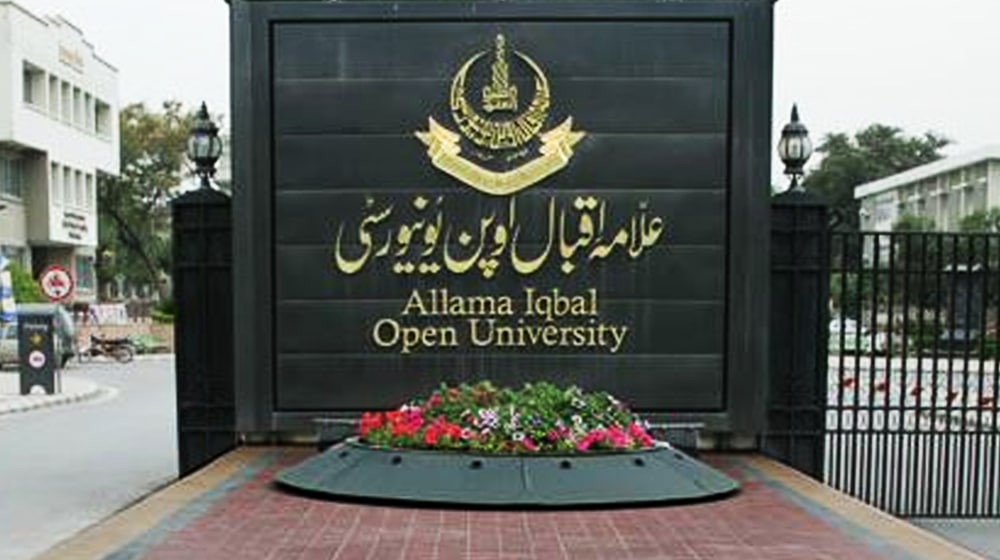Allama Iqbal Open University (AIOU) has taken a transformative step by approving a comprehensive set of academic reforms across its science faculty. These reforms, finalized during the 29th meeting of the Faculty Board of Sciences, aim to modernize education delivery, strengthen research standards, and align all academic offerings with global scientific and educational benchmarks.
Reforming Education from Short Courses to PhD Programs
The approved reforms span short-term certificates, associate degree programs, bachelor’s (BS) degrees, and advanced postgraduate programs including MPhil and PhD. Each program will now follow a newly updated scheme of study, developed with academic rigor and relevance to both local and international standards.
This major update marks a shift from outdated structures to contemporary, research-oriented and student-focused education, particularly in STEM disciplines.
Quality Assurance and Faculty Capacity Come First
One of the standout principles guiding this reform is that no new program will be launched unless the university has the full teaching capacity to deliver it. This ensures that each course or degree offered by AIOU meets both internal academic benchmarks and Higher Education Commission (HEC) guidelines before implementation.
The faculty board emphasized that every curriculum must be vetted for content depth, teaching methodology, and professional outcomes before rollout.
Global Standards and Research Integration
Senior academic leadership at the university stressed that the reform initiative is part of a broader move to align academic practices with global educational frameworks. From updated syllabi to the use of digital learning tools and collaborative research models, AIOU is setting the stage for a future-ready education system that prepares students for real-world scientific challenges.
These updates are not just administrative they reflect a strategic shift toward high-impact, research-driven education.
Institutional Oversight and Regular Evaluation
The reforms were approved under an institutional governance structure that promotes transparency and consistency. Going forward, faculty board meetings will be held regularly across all departments to ensure coordinated updates and consistent quality control.
AIOU’s leadership emphasized that these internal mechanisms will ensure each program remains current, relevant, and nationally accredited.
What’s Next: Approval & Implementation
All decisions made by the Faculty Board will now move to the Academic Council and the Executive Council for final approval. Once ratified, the university will initiate program rollouts in phases, ensuring that infrastructure, teaching resources, and digital platforms are ready to support the updated courses.
Key Reform Highlights
| Category | Details |
|---|---|
| Programs Affected | Short courses, Associate Degrees, BS, MPhil, PhD |
| Launch Conditions | Requires complete faculty readiness and HEC compliance |
| Focus Areas | Scientific research, global curriculum alignment, digital learning |
| Oversight Mechanism | Faculty Boards → Academic Council → Executive Council |
| Reform Goals | Academic modernization, research integration, international relevance |
Final Thoughts
The sweeping reforms approved by AIOU’s Faculty Board of Sciences reflect a bold vision for modern, inclusive, and high-quality education in Pakistan. With a sharp focus on global compatibility, research integration, and institutional accountability, AIOU is setting a precedent for other universities in the country.
These reforms not only benefit current students but also pave the way for future generations to receive science education that meets global expectations all within a flexible and accessible open learning environment.



Comments (0)
No comments yet. Be the first to comment!
Leave a Comment